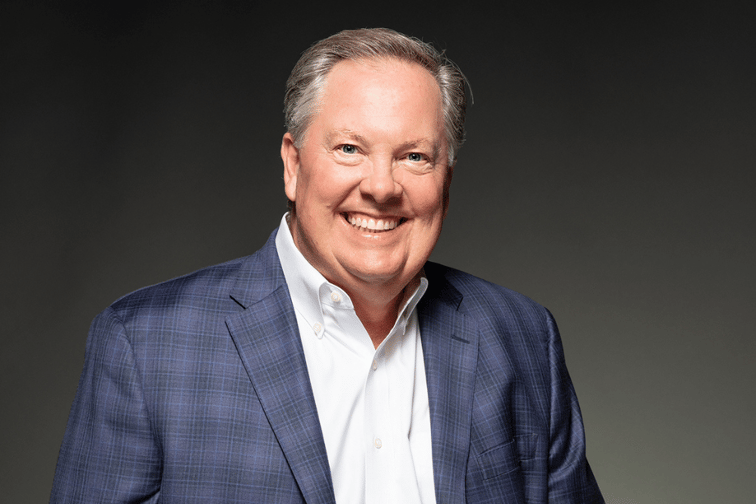

As a widespread talent shortage ranks among the top of most pressing concerns for businesses across the board, it is important to not neglect the inexperienced applicants who can come with novel ideas.
For Higginbotham chairman and CEO Rusty Reid, that means attracting youthful talent that are on the precipice of carving a niche as a professional and who are able to bring enthusiasm and different perspectives to the workplace.
“We’ve always brought in youth, and that is what keeps a business relevant,” Reid said. “They bring a freshness to the industry and can help innovate new ways of doing business through unique perspectives.”
When making decisions about bringing new members into the workplace community, the onus is on the executive and managerial level staff to keep all employees engaged with their work while carving out a path for upward mobility.
“I tell our team all the time, when you're 20 years out in your career, start thinking about who's that person that's going to come underneath you, and then who's that person that's going to replace them,” Reid said.
“As a result, these younger employees can really see that this can be a place where they can spend a career and be handsomely rewarded,” when longevity is factored into the hiring process.
For Reid, celebrating the company’s 75th anniversary has been both surreal and a reminder of its own-brand business approach.
“It's hard for me to believe that, you know, Paul Higginbotham founded this organization in 1948,” he said during a conversation with Insurance Business.
For Reid, active engagement with employees is paramount so they can feel satisfied with their output and strive for greater successes through a long-term commitment to the business.
“Everything you do as a company must start with the employees, and you have to be intentional with how you recruit and train them,” Reid said.
Having been with Higginbotham since 1989, Reid has seen firsthand how imperative it is to establish a workplace culture that keeps employees of all levels consistently drawn to their professional duties.
“You have to keep them excited about joining you,” he said.
This is especially important during the recruitment process, where a business needs to examine the candidates with an astute eye.
“Working in this industry is more of a marathon than a sprint, nothing is going to come easy at the beginning — insurance is not a get rich quick hustle,” Reid said.
“If you communicate that during the hiring process, you’re setting the right expectation rather than giving empty promises. I’d much rather under promise and over deliver.”
To further attract like-minded talent, Reid follows the “Thanksgiving Test”, which was coined by a Higginbotham board member, Jim Hubbard.
“If you can’t hire somebody that you want to spend Thanksgiving dinner with, then why in the world hire him in the first place?” he said.
“This can seem ridiculous, but it's much better to really find that great partner to come in as opposed to just a warm body, because long term that's going to be best paid much better dividends for you.”
While keeping employees engaged and inspired is a foundational key to building success, Higginbotham has also leveraged an acquisitive appetite to expand into 16 states — with the company’s most recent being Ohio-based brokerage Community Insurance Group, Ltd.
“We hadn’t really explored the Midwest region until this proposal came about,” Reid said. However, a likeminded community culture and the ability to introduce a new business philosophy made this transaction a worthwhile endeavor.
Through these acquisitions, Higginbotham is able to showcase its “Day 2” plan, which includes a team of loss adjustors, lawyers to make sure the indemnifications are aligned, claims professionals and data analytics tools.
Formalized in 2007, this approach was put in place to have a firm grasp of loss prevention and claims mitigation, showcasing how a brokerage can act more holistically to keep an insured safeguarded against potential exposures.
With Community Insurance Group servicing the mid-market sector, having this end-to-end service is quite abnormal in that market, Reid said.
“We view this as taking a national accounts service model and moving it downstream to the mid-market,” he said.
Taking this approach showcases an emphasis on moving beyond just the sale of a product to creating a sustained relationship with an insured throughout the duration of a policy.
